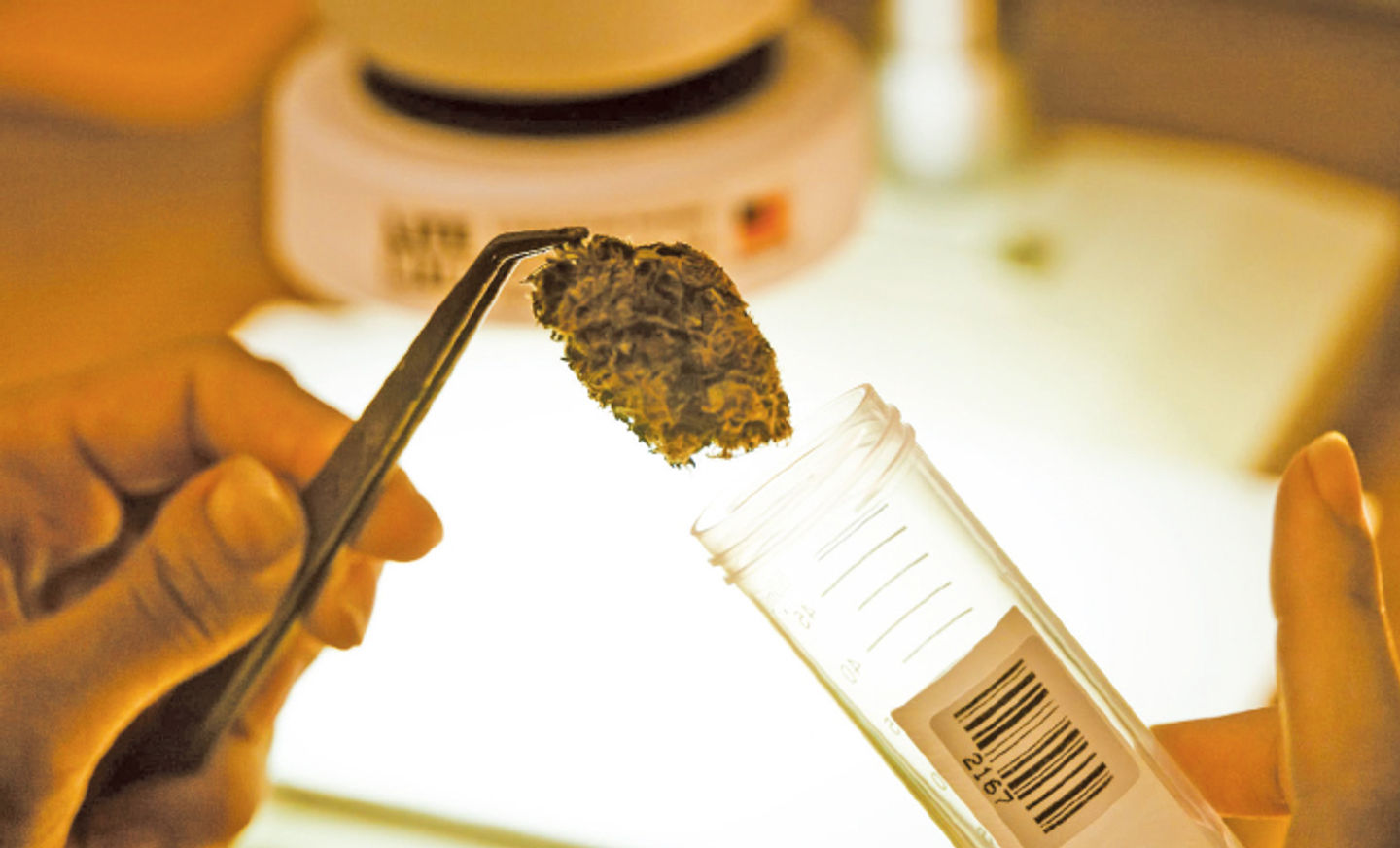The massive, multistate operator Curaleaf recently ran afoul of New York Cannabis regulators when the company began displaying “dry weight” THC percentages for its products instead of “wet weight” potencies.
While Curaleaf made the change without alerting retailers or the Office of Cannabis Management (OCM), which oversees the pot industry in the Empire State, consumers quickly realized something was off. That’s because there’s a significant difference between dry and wet weight measurements. For example, as syracuse.com points out, flower that tests at 20 percent THC using the wet weight method can test as high as 37 percent THC when dry.
While dry weight testing is the industry standard in the Northeast’s regulated marijuana markets – used by New Jersey, Connecticut, Maryland and Massachusetts – products sold in New York’s medical Cannabis program only list wet weight measurements.
Clearly, using a testing method that produces higher potency numbers for pot products would give a Cannabis company a significant edge in the market.
However, when customers in New York realized the super potent pot they purchased was pretty much the same as their last batch, they began reporting Curaleaf’s products to retailers. Regulators soon became aware that the MSO was using the alternate testing method.
Dry Weight vs. Wet Weight
While Curaleaf spokesperson Stephanie Cunha explained that dry weight “is considered the most accurate metric for THC content on any type of Cannabis sample,” and that dry weight testing was used in most neighboring adult-use states, the company was still forced to remove tens of thousands of pot products from New York dispensary shelves.
Dry weight is considered by most experts to be the superior method. And as the regulated Cannabis industry grows and efforts are made to standardize different aspects of production and retail, it is likely that dry weight testing will be universally adopted by adult-use states. But switching from wet to dry testing in violation of New York regulations is clearly a major misstep from this massive marijuana company.
And while we don’t recommend choosing Cannabis based on THC content alone, there’s no question Curaleaf misled consumers, who thought they were purchasing the most potent pot on the market.







